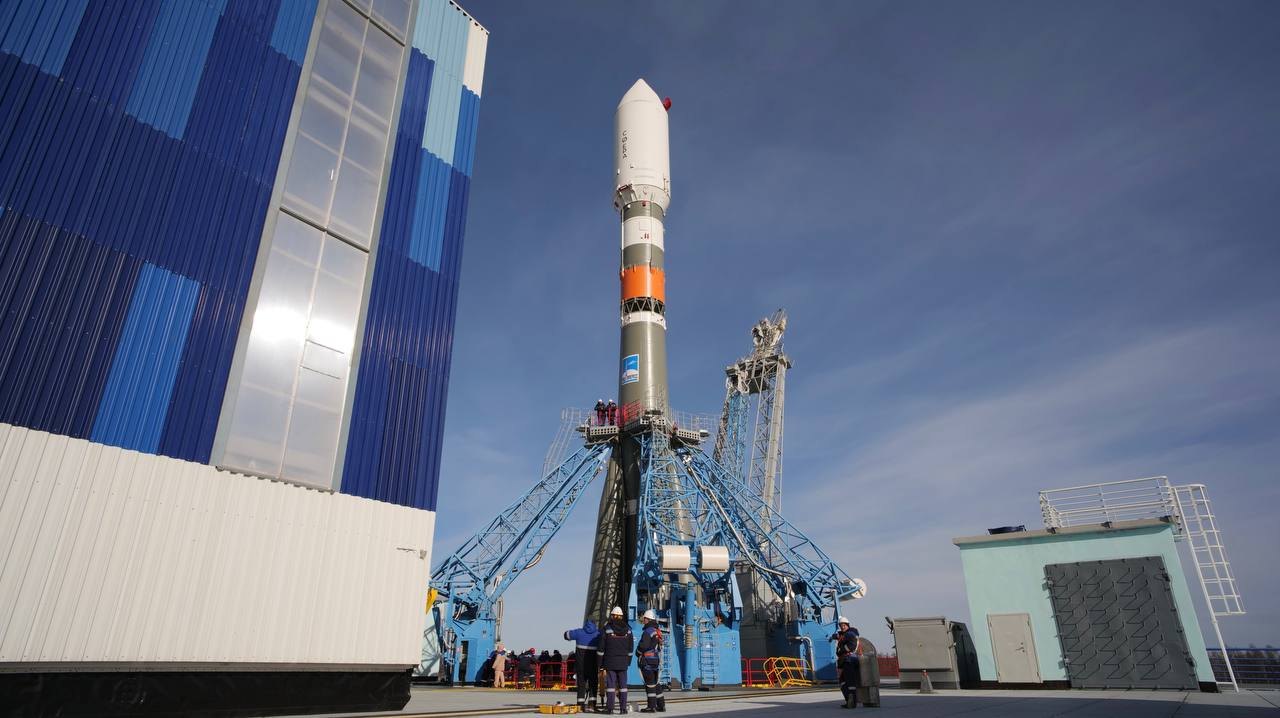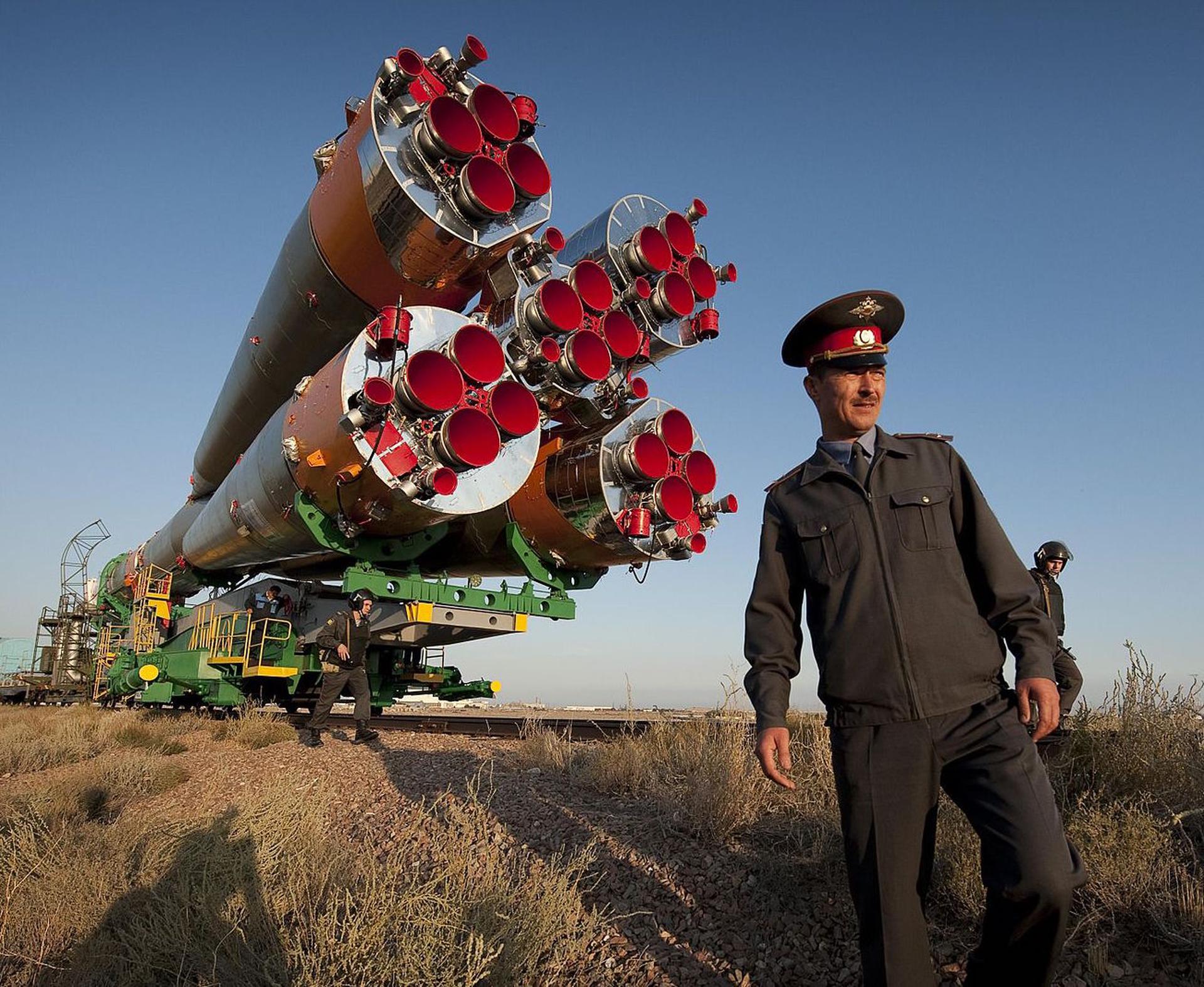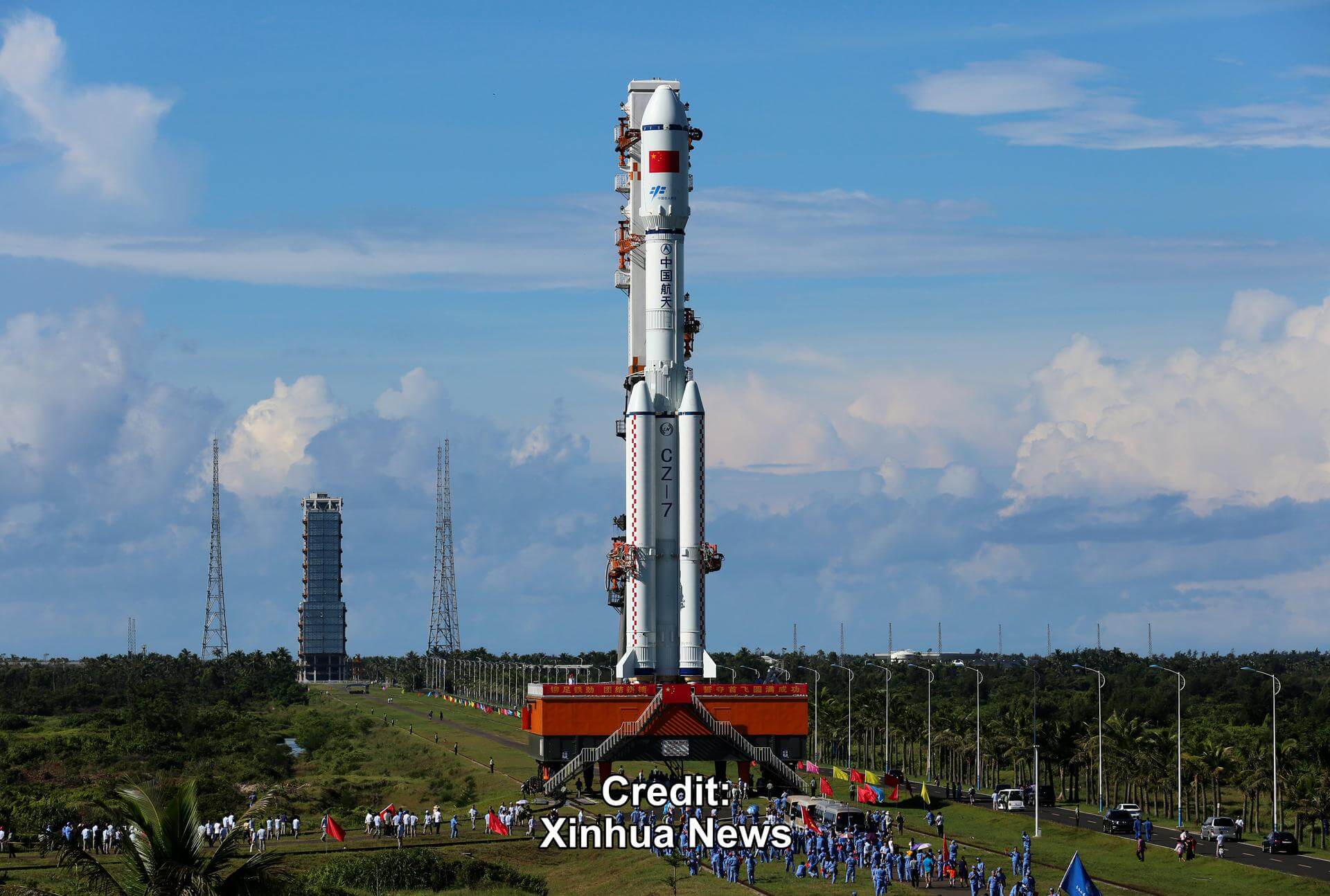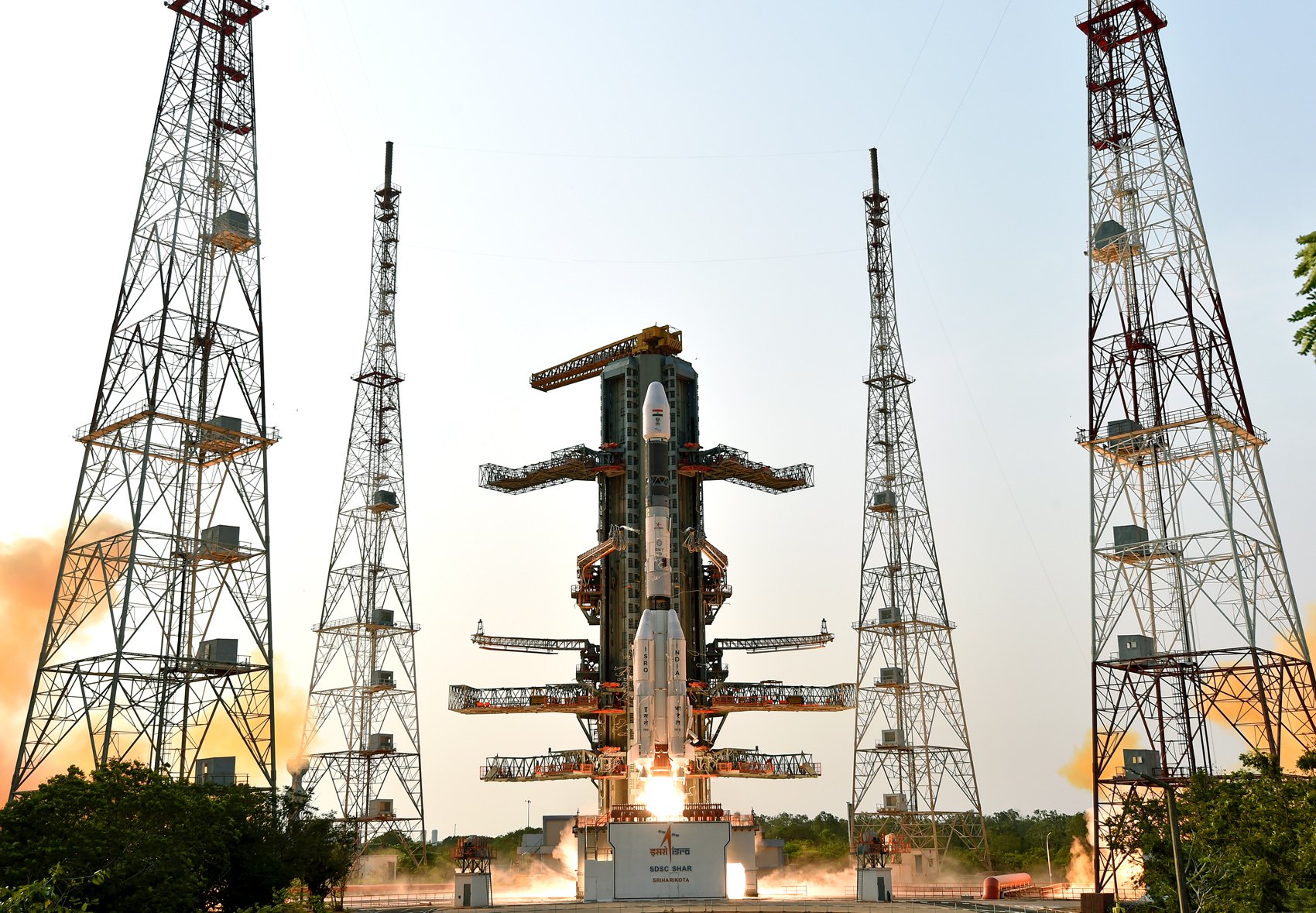· space brief · 4 min read
Space Brief 20 Nov 2024
Today's highlights include the U.S. military's satellite initiative facing delays, Senate inquiries into high-profile calls, and an update on Pentagon's UFO investigations. Notable mentions also cover Morocco's defense sector ambitions.

📄Top Stories
The U.S. military’s satellite constellation project is navigating supply chain challenges that have delayed its next phase launch to mid-2025. Noteworthy communications between Elon Musk and Vladimir Putin have raised eyebrows, prompting Senate investigation requests. Meanwhile, the Pentagon’s efforts to study unidentified aerial phenomena highlight the complex narratives still unfolding in space observation.
📰Detailed Coverage
U.S. Military’s Satellite Program Faces Delays
The U.S. military’s Proliferated Warfighter Space Architecture (PWSA) program is experiencing delays, with its first Tranche 1 launch now pushed to March-April 2025 due to supply chain disruptions. This satellite constellation is critical for enhancing communications and intelligence capabilities, emphasizing the need for resilience amid logistical hurdles.
These developments underline the importance of robust satellite tracking for military applications, a feature supported by our web app to monitor such crucial assets efficiently.
Read the full story: SpaceNews
Senate Probes Calls Between Musk and Putin
Two senators are calling for investigations into conversations between Elon Musk and Vladimir Putin, reflecting a growing concern over national security implications. These calls, reportedly centered on significant strategic decisions, have prompted demands for transparency from both the Department of Justice and the Defense Department.
This situation underscores the intersection of space technology and geopolitics, with potential repercussions for international collaboration and defense strategies tied to satellite communications.
Read the full story: SpaceNews
Pentagon UFO Office Emphasizes Anomaly Studies
Testifying before the Senate, the Pentagon’s UFO office head stated there is no confirmed evidence of alien technology, despite encountering numerous anomalous objects. This continued focus on unidentified aerial phenomena highlights the challenges in differentiating between potential extraterrestrial objects and advanced human-engineered technologies.
Efforts in studying these anomalies could influence future policy decisions and resource allocation towards space domain awareness and defense initiatives.
Read the full story: Space.com
Morocco Boosts Defense Sector with Tax Exemptions
Morocco is incentivizing its defense sector by exempting firms from taxes in an effort to attract both local and international investments. This move aims to foster industrial growth and enhance technological capabilities, particularly in advanced weapons testing and production.
The strategic policy is anticipated to transform Morocco into a significant player in the defense industry, with potential ripple effects on regional security and technological innovation.
Read the full story: Breaking Defense
Pentagon Warns Against Federal Employee Firings
The Pentagon’s comptroller has issued a warning against potential mass firings of federal employees, citing them as “self-inflicted wounds”. Anticipated impacts on efficiency and morale in government operations have been highlighted as Congress navigates budget resolutions extending into early next year.
This development is set against a backdrop of evolving defense policies, which could impact future governmental workforce structures and resource allocations.
Read the full story: Breaking Defense
🛰️Satellite Spotlight
- Satellite Name: COSMOS 2295 (GLONASS)
- NORAD ID: 23396
- Launch Date: 1994-11-26
- Mission: A part of Russia’s GLONASS navigation satellite system, providing global coverage for geolocation and timing services.
- Orbit: Inclination 64.5162°, Period 675.731 minutes, Eccentricity 0.0039065
- Operator: VKS (Russian Aerospace Forces)
- Fun Fact: The GLONASS system, similar to GPS, is Russia’s alternative to American and European navigation systems.
Current TLE Data:
1 23396U 94076A 24317.64226997 .00000025 00000-0 00000+0 0 99997
2 23396 64.5162 89.1512 0039065 202.1693 233.9989 2.13102537233343Track this satellite in real-time on our web app: Track COSMOS 2295
🚀 Upcoming Space Launches
November 21
-
Russian Federal Space Agency (ROSCOSMOS) Soyuz 2.1a:
- Progress MS-29 (90P) from Baikonur Cosmodrome, Republic of Kazakhstan (12:22 UTC) Progress resupply mission to the International Space Station.
-
SpaceX Falcon 9 Block 5:
- Starlink Group 6-66 from Cape Canaveral SFS, FL, USA (15:53 UTC) A batch of 24 satellites for the Starlink mega-constellation - SpaceX’s project for space-based Internet communication system.
November 22
-
Rocket Lab Electron:
- HASTE | Leidos-2 from Wallops Flight Facility, Virginia, USA (00:45 UTC) Second sub-orbital launch of Electron for the Hypersonic Accelerator Suborbital Test Electron (HASTE) program for Leidos and Dynetics.
-
SpaceX Falcon 9 Block 5:
- Starlink Group 9-13 from Vandenberg SFB, CA, USA (04:13 UTC) A batch of satellites for the Starlink mega-constellation - SpaceX’s project for space-based Internet communication system.
-
Blue Origin New Shepard:
- NS-28 from Corn Ranch, Van Horn, TX, USA (15:30 UTC) Twenty-eighth flight of New Shepard carrying six passengers.
November 23
- Rocket Lab Electron:
- Ice AIS Baby (Kinéis 11-15) from Rocket Lab Launch Complex 1, Mahia Peninsula, New Zealand (03:55 UTC) Third batch of five satellites for the French Kinéis IoT constellation designed to operate with 25 nanosatellites of 30 kg each.
November 24
-
SpaceX Falcon 9 Block 5:
- Starlink Group 12-1 from Cape Canaveral SFS, FL, USA (09:59 UTC) A batch of satellites for the Starlink mega-constellation - SpaceX’s project for space-based Internet communication system.
-
China Aerospace Science and Technology Corporation Long March 2C:
- Unknown Payload from Jiuquan Satellite Launch Center, People’s Republic of China (23:26 UTC) Details TBD.
November 27
- Russian Space Forces Soyuz 2.1b:
- Kosmos (Unknown Payload) from Plesetsk Cosmodrome, Russian Federation (19:00 UTC) Russian military satellite(s) of unknown variant.
Note: Launch dates and times are subject to change due to technical or weather considerations.

Maurice Stellarski





